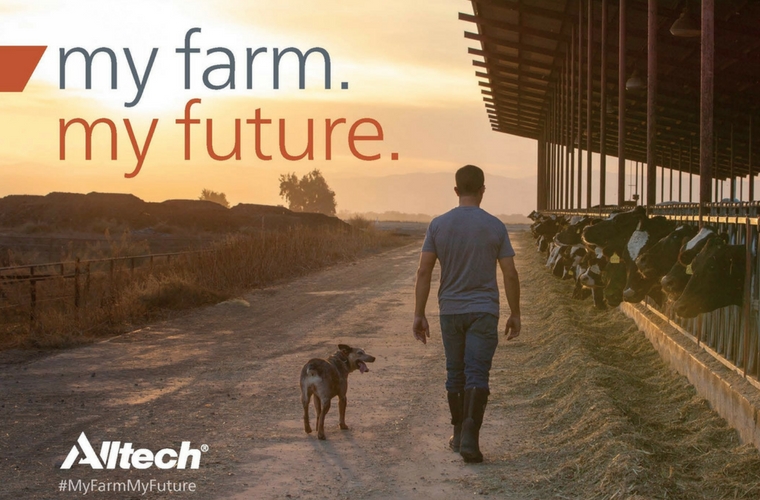ONE: The Alltech Ideas Conference will explore disruptions in the equine industry
[LEXINGTON, Ky.] — ONE: The Alltech Ideas Conference (ONE17), held May 21–24 in Lexington, Kentucky, will host a focus session specifically dedicated to the equine industry. Experts and enthusiasts alike will gather for intriguing discussions on innovations in the industry, from disrupting traditional nutritional and breeding practices to brand development.
“We believe it’s important for those in the equine industry to gather here, in the horse capital of the world, to be inspired to harness the disruption on the horizon for horse health,” said Dr. Pearse Lyons, founder and president of Alltech. “Our equine focus session will facilitate open discussion and drive disruptive thinking for the future.”
ONE17 equine focus session
- Disrupting Traditional Nutritional Practices: How do we rethink diet formulations for horses? When it comes to equine nutrition, how can we bring new discoveries and techniques out of the lab and into the mainstream?
- Using Enhanced Nutrition and Partnerships to Drive Market Share Growth: While others were cutting costs and cutting corners, find out how Gain Feeds harnessed innovation, research and traceability to set themselves apart with premium offerings and, in the process, became Ireland’s biggest selling feed brand.
- Thinking Differently: The Secrets Behind Growing the Iconic Coolmore Brand: Beginning from humble roots, Coolmore has grown into a premier global brand and a household name. Discover the secrets that contributed to building one of the leading equine operations in the world today.
- Breaking the Mold on Traditional Breeding Techniques: Hear from one of the pioneers of equine embryo transfer and surrogacy as she shares the lessons that were learned from these innovations as well as what other practices and methods may be on the horizon. What role does diet play? Have we overlooked blind spots that may present opportunities for disruption?
- Changing the Face of Breeding and Performance Through Genomics: Genetic testing is becoming more accessible and affordable with each passing year. What are some of the unexpected ways that DNA profiling is already changing our industry? Is it cause for concern, or is it cause for excitement?
- Driving Tourism in the Horse Capital of the World: When you close your eyes and think of Kentucky, what do you see? For many, they see rolling pastures, miles of fences and picturesque horse barns, thanks in large part to the work of Horse Country and its partners. Learn how these collaborations are built, what it takes to brand a region and build a revenue stream, and if it could work in your area.
For more information on the ONE17 equine focus session, visit http://one.alltech.com/equine.
ONE17 is approved for 7 ARPAS and 35 AAVSB RACE continuing education units.
Join the conversation on Twitter with #ONE17.
- Read more about ONE: The Alltech Ideas Conference will explore disruptions in the equine industry
- Log in to post comments

<p>ONE: The Alltech Ideas Conference will feature discussions on innovations in the equine industry, with topics ranging from disruptions in nutrition to breeding and branding.</p>

















